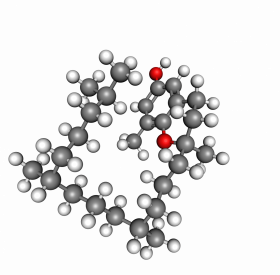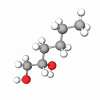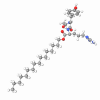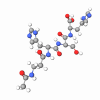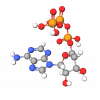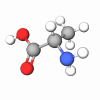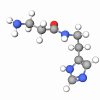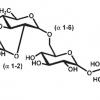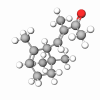Vitamin E* also known as tocoferol is a fat soluble vitamin which is greatly honored in cosmeceutical industry for its antioxidant and anti-inflammatory properties. It is the most plentiful fat-soluble vitamin in skin tissue. Being able to dissolve in skin fat it easily penetrates epidermis and dermis and concentrates in their fat-rich compartments. Here tocopherol patiently waits for its time to shine and display its effective antioxidant strength, the ability to catch and quench free radicals. These harmful particles are formed inside skin as a result of damaging UV irradiation of sunlight. Free radicals provoke a cascade of negative processes in skin: dermal cell DNA change, collagen and elastin degradation, skin inflammation and immunity suppression. Vitamin E successfully battles these skin adversaries, neutralize them and prevent the processes of skin photoaging, wrinkling and hyperpigmentation.
It also displays great anti-inflammatory property. This nimble vitamin hinders the production of compounds involved in inflammation development as well as inhibits some associated enzymes. Topical application of tocoferol notably reduces the demonstrations of skin inflammation: erythema (redness) and edema (swelling).
Some final remarks about today's topic: Tocopherol works better in tandem with vitamin C. Research indicates that both of these starring vitamins affect skin significantly better when they applied together.
Some skin care products carry tocoferol acetate or tocoferyl acetate in their formulations. It's a vitamin E conjugate, which is more stable, but needs to be degraded to free form of vitamin in order to demonstrate its antioxidant and anti-inflammatory properties.Topical application of Vitamin E (α-tocopherol) highly benefits skin. It prevents the damage of skin DNA, scaffolding and inflammation.
* The term covers a group of substances (tocopherols and tocotrienols) and their derivatives which have similar structures and display resembling functions in human body.
